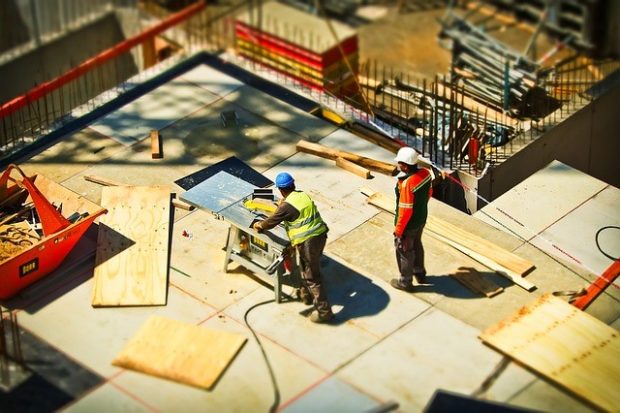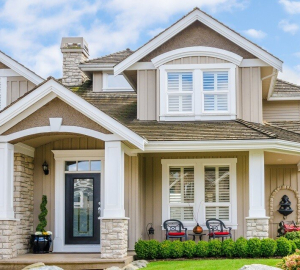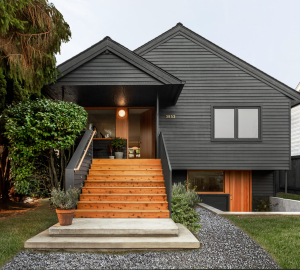If you’ve been responsible for a few residential self-builds, you might think you know everything when it comes to commercial construction. The reality is, that’s not necessarily the case. In this article, we’re going to look at a few things to remember when planning and carrying out a commercial construction so you know what to look out for.

1. Mortgages and finance might be harder to come by
Most lenders are set up to cater to residential purchases, so this could make a mortgage harder to find. While it’s not impossible to get a commercial mortgage or to get a commercial construction loan, rates might vary. You could also consider a regular business loan to help fund your expansion, but this could be more expensive than a traditional mortgage. Commercial businesses often experience higher risk than simple residential purchases, so you might need to think about this carefully.
2. Renting might still be a viable option
While most people want to own their own home, you don’t actually need to own your own business property to make things a success. Not only that, but while residential rental rates are often higher than monthly mortgage fees, this isn’t always the case with commercial property. You might be able to find yourself an absolute bargain in the commercial and residential sector that’s actually way more affordable than building your own commercial property, even in the long run.
3. Will the property support your growth
If you build your own commercial construction, it’ll need to be big enough to support the growth of your business. If you rent, you’ll be able to upsize easily – but things won’t be so simple when you’re stuck to a property that you built.
4. What if there’s a downturn in business?
Similarly to making sure your property can support business growth, can it also support a downturn in your business? You don’t want to be stuck paying off a mortgage on a property that’s too big and too expensive for your current turnover.
5. Can you get the right planning permission?
Not all types of commercial properties are allowed in every area. This is something you need to look into before you start your planning process and way before you start building.
6. If you’re going to lease some of your property, what income will it support?
If you’re planning to build a property, then rent out some of all of the space to other business tenants, you need to make sure you’ve done all the right calculations. Make sure there’s enough demand in your area for the types of commercial space you’re offering, and that it’s viable as a business proposition to make money in the long-term.
7. Is it in the right location?
This fits in a bit with the previous point, but the cost of both the build and how much you can earn from it will vary greatly depending on its location. It’ll also affect planning permission. Make sure you’ve investigated all of these issues fully before you make any major decisions.



